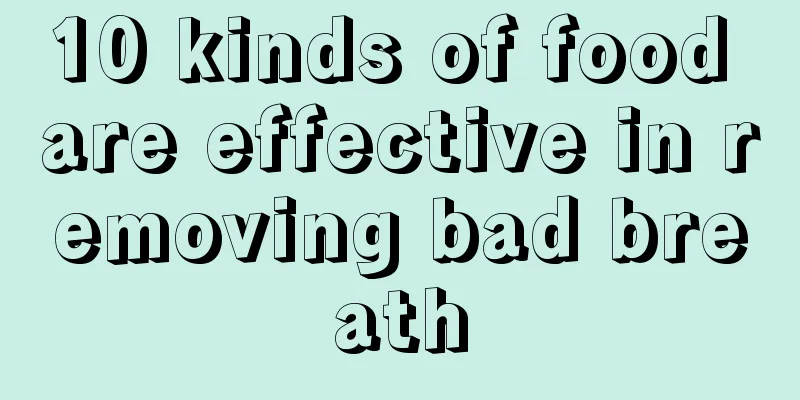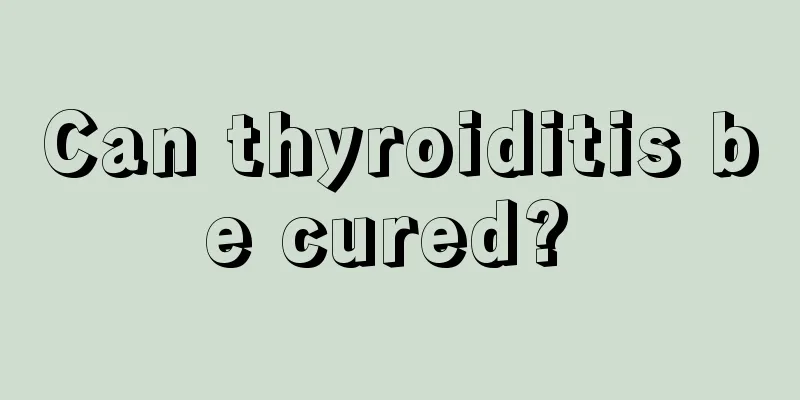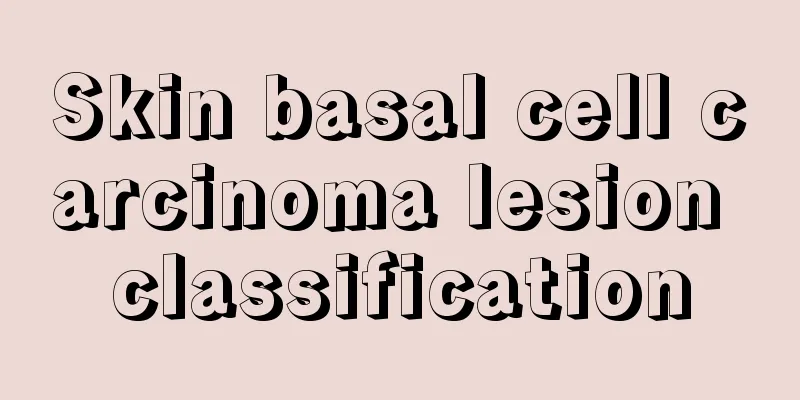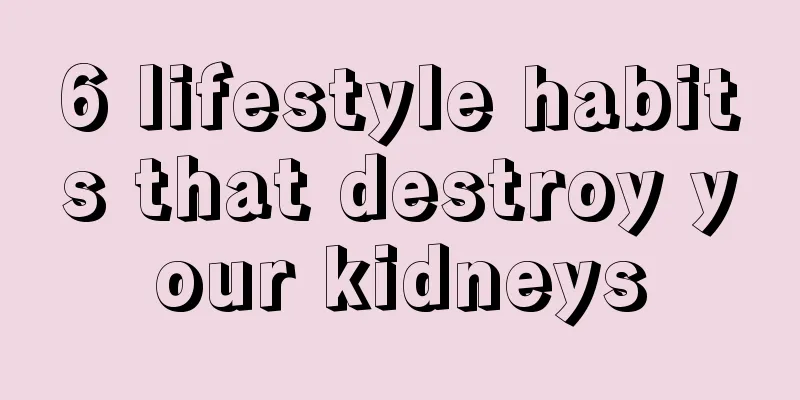10 kinds of food are effective in removing bad breath

|
Having white and healthy teeth makes your smile look particularly charming. Besides brushing, flossing, and visiting the dentist regularly, what else can you do to take good care of your teeth? More and more studies are finding that what you eat can also have a big impact on your bright smile. Because some ingredients in natural foods can fight oral bacteria that cause tooth decay, strengthen tooth enamel, and eliminate annoying bad breath, allowing you to smile more confidently. Sound exciting? Try these 10 foods.
1. Shiitake mushrooms In recent years, mushrooms have not only become a popular food for boosting immunity, but some studies since 2000 have also found that they are also helpful in protecting teeth. The reason is that the lentinan contained in shiitake mushrooms can inhibit the bacteria in the mouth from producing dental plaque. How to eat? Mushrooms have a unique flavor and are low in calories. They are delicious whether cooked in soup, stir-fried or served cold. Eating a variety of mushrooms 2 to 3 times a week is a simple and inexpensive way to maintain health. mustard 2. Mustard When you eat Japanese sashimi or sushi, they are always served with the mustard that makes people cry and their noses run. The main purpose is to kill bacteria. Mustard gets its pungent, tangy flavor from compounds called isothiocyanates, which are also found in other cruciferous vegetables. Japanese test tube experiments found that isothiocyanates in mustard can inhibit the growth of Streptococcus mutans, which causes tooth decay. How to eat? In addition to eating it with sashimi, you can also mix a teaspoon of mustard with a little soy sauce and use it as a dipping sauce for boiled seafood; or mix equal proportions of mustard, honey and water, and pour it on squid and shrimp as a cold sauce to neutralize the fishy smell of seafood. green tea
3. Green tea Green tea, regarded by the Japanese as a treasure of longevity, has so many health benefits that it is irresistible. Many studies have pointed out that it has a strong antioxidant capacity and can prevent many cancers. People who drink it regularly will also reduce the risk of cardiovascular disease. Now, even teeth are becoming healthier due to drinking green tea. On the one hand, green tea contains a lot of fluoride (other teas also have it), which can combine with the apatite in the teeth and have the effect of resisting acid and preventing tooth decay. On the other hand, studies have shown that catechins in green tea can reduce the Streptococcus mutans that causes tooth decay in the mouth and also remove bad breath. How to eat? Depending on personal preference, drink 2 to 5 cups of green tea a day. It is recommended to drink it after a meal or dessert. In addition, green tea contains caffeine, so pregnant women should limit their consumption. celery 4. Celery When you chew celery, it's giving your teeth a thorough cleaning, reducing your chances of getting cavities. Because these coarse-fiber foods act like brooms, they can sweep away some of the food debris on the teeth. On the other hand, the harder you chew, the more you stimulate the secretion of saliva, which balances the pH value in the mouth and achieves a natural antibacterial effect. How to eat? When you feel craving, don't just think about desserts and snacks. Instead, cut celery, cucumbers and carrots into strips and chew them whenever you feel craving. This will massage your gums and help you get enough vegetables for the day. Guava
5. Guava Chewing on a guava is another good way to keep your gums healthy. Guava is low in calories, and many people take it to increase their sense of fullness when they are dieting. Its vitamin C content is the highest among fruits, especially the wild guava, which contains about 150 mg per fruit, more than twice the daily recommended amount by the Department of Health. Vitamin C is an important nutrient for maintaining healthy gums. People with severe vitamin C deficiency will have fragile gums and be prone to disease, with symptoms such as swollen gums, bleeding, loose teeth, or tooth loss. How to eat? In addition to guava, the best food sources of vitamin C are various vegetables and fruits, such as bell peppers, Brussels sprouts, broccoli, tomatoes, kiwis, citrus fruits, papayas, strawberries, etc. A balanced intake of 3 kinds of vegetables and 2 kinds of fruits every day can roughly meet the body's needs. It is recommended that office workers who often eat out or have great work pressure can bring a guava or a small bag of cherry tomatoes to the company. When they feel hungry or tired in the afternoon, they can have it as afternoon tea to replenish their energy without worrying about gaining weight. cheese
6. Cheese Everyone knows that insufficient calcium intake will weaken bones and actually damage the health of teeth, so calcium should be supplemented from various natural foods every day. Cheese is not only a good source of calcium, it also has other protective effects on teeth. British research shows that the calcium and phosphates in cheese can balance the pH value in the mouth, preventing the mouth from being in an acidic environment that is conducive to bacterial activity and causes tooth decay. In addition, eating cheese regularly can increase the calcium on the tooth surface, which helps to strengthen and rebuild enamel (because calcium is the main component of enamel), making teeth stronger. How to eat? Have a tomato and cheese sandwich for breakfast. Prepare 2 slices of whole-wheat toast, 1 slice of tomato about 3 cm thick and 1 slice of low-fat cheese. First, place the cheese slices on the toast, then put the dried tomatoes on top; according to personal taste, squeeze a little yellow mustard sauce and sprinkle a little black pepper; then use another slice of toast to sandwich the ingredients. Wrap the toast with tin foil, put it in the preheated oven and bake for 8 to 10 minutes. onion 7. Onion The sulfur compounds in onions are powerful antibacterial ingredients. In test tube experiments, it was found that onions can kill a variety of bacteria, including Streptococcus mutans that causes tooth decay, and fresh raw onions are most effective. How to eat? It is recommended to eat half a raw onion every day, which not only prevents tooth decay, but also helps lower cholesterol, prevent heart disease and enhance immunity. When making lettuce salad, you can peel a few slices of fresh onions and add it in; or you can put some raw onion shreds in hamburgers or sandwiches. Mint
8. Mint The light, refreshing scent of mint helps to refresh the mind and also reduces "bad breath". Mint leaves contain a type of monoterpene compound that can reach the lungs through the blood circulation, making you feel fresh when you breathe. In Europe and the United States, many families use mint leaves to make their own mouthwash to relieve the discomfort of inflamed and swollen gums. Foreign studies have also found that using this type of herbal mouthwash can reduce the growth of bacteria in the mouth. How to eat? After a big meal, drinking a cup of unsweetened mint tea can remove greasiness and relieve bloating. If you are troubled by the spicy taste of onions and garlic in your mouth and dare not speak, it is recommended to chew 2 to 3 fresh mint leaves or parsley, which can help remove these embarrassing odors. Sugar-free chewing gum
9. Sugar-free chewing gum Chewing sugar-free gum can increase saliva secretion, neutralize the acidity in the mouth, and further prevent tooth decay. Research from the University of Minnesota School of Dentistry found that chewing sugar-free gum with xylitol added is effective in inhibiting the bacteria that cause tooth decay. Xylitol is a low-calorie sugar substitute that produces a sweet taste but is not utilized by bacteria in the mouth. How to eat? If you cannot brush your teeth immediately after eating, chewing sugar-free gum for more than 5 minutes is an alternative. However, dentists emphasize that chewing gum cannot replace brushing and flossing to clean the mouth, and it is best to brush your teeth immediately after eating. water
10. Water Finally, don’t forget that drinking water is the simplest but most important way to protect your teeth. Drinking enough water can keep our gums moist and stimulate saliva secretion. Drink some water after eating to remove food residues in your mouth and prevent bacteria from getting nutrients and damaging your teeth. How to eat? Everyone needs to drink 6-8 glasses of water (about 1500-2000cc) a day, especially after eating. If you cannot brush your teeth immediately, remember to drink a glass of water to clean your mouth and reduce the chance of tooth decay. |
<<: How to use olive oil for hair care
>>: What foods are distributed
Recommend
Symptoms of upper abdominal discomfort should alert you to the occurrence of gastric cancer
Zhao Si is in his sixties this year. He was a tru...
How to treat chronic colitis, Chinese medicine internal treatment is effective
Chronic colitis is a common anorectal disease, wh...
How does periodontal abscess come about?
Periodontal abscess is also a type of periodontit...
How to avoid the harm of lymphoma
In daily life, cancer is extremely harmful to the...
I feel pain in my thigh
At present, in daily life, we often find thigh mu...
Can gastric cancer be treated with radiotherapy? Not the main method
Radiotherapy is an effective method for treating ...
Can chemotherapy be used for advanced nasopharyngeal carcinoma?
Can chemotherapy be used for advanced nasopharyng...
How about microcrystalline stone floor tiles
When we choose a living environment, we must not ...
Early symptoms of hemorrhoids
Hemorrhoids are the common name for hemorrhoids a...
What are the ways to reduce the chance of pregnancy
In life, many couples will try all kinds of ways ...
How to prevent cervical precancerous lesions? What are the preventive measures for cervical precancerous lesions?
Experts say that there is more than one cause of ...
Why have I been feeling nauseous lately?
Nausea is generally caused by the patient's i...
What are congenital eye diseases
There are many types of eye diseases, some are co...
7 subconscious actions can shorten your life by 20 years
When people are bored, nervous or anxious, they o...
What are the medicinal properties of dried longan?
Dried longan is made from dried longan, which is ...









